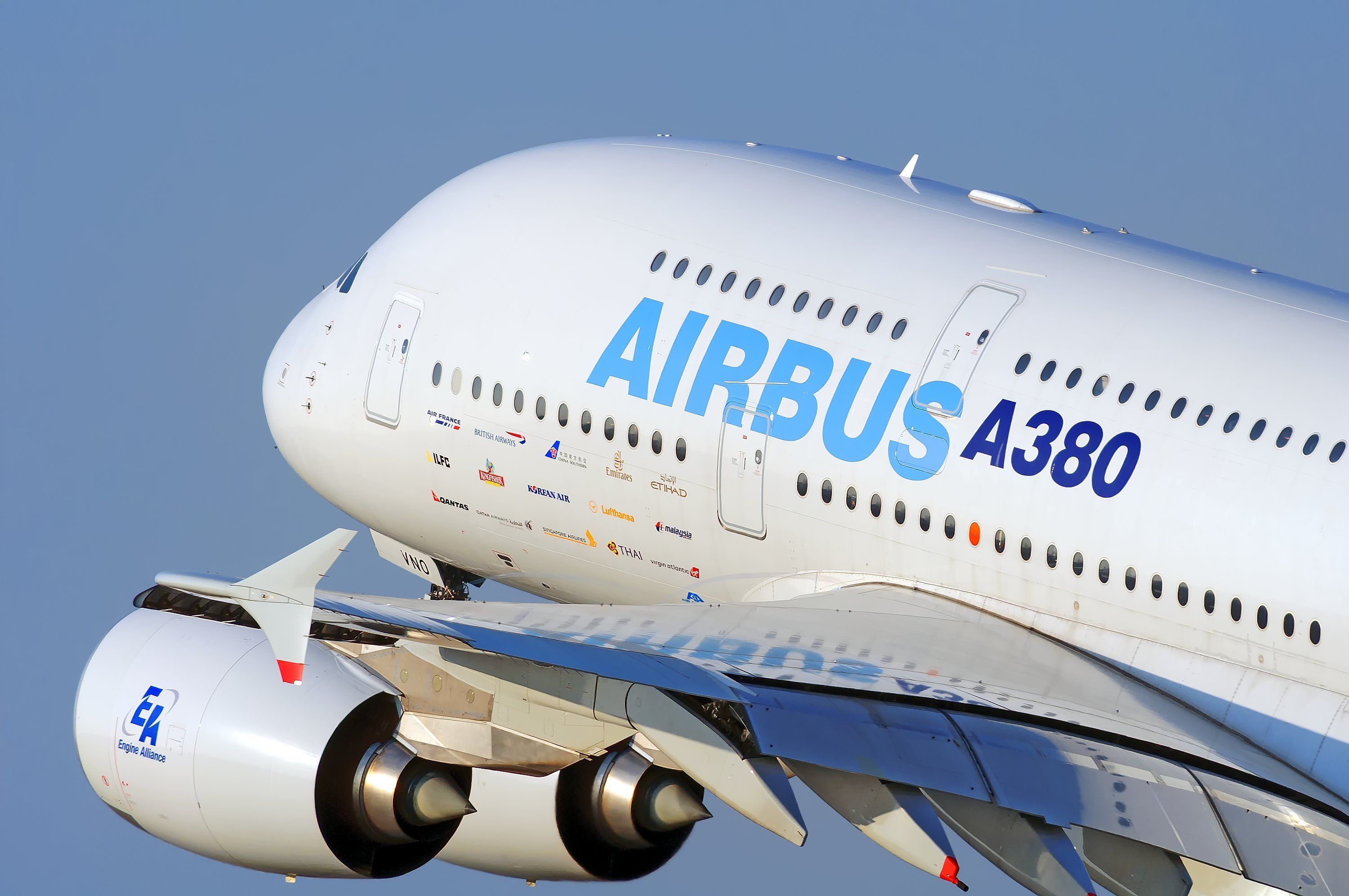Revival of A380 Freighter: A New Opportunity Arises
In the world of aviation, the landscape is constantly evolving, driven by technological advancements, market demands, and environmental considerations. Among the many fascinating developments is the potential revival of the A380 freighter. Originally conceived as a passenger aircraft, the Airbus A380 has captured the imagination of aviation enthusiasts and industry professionals alike. As global cargo demand surges, airlines and logistics companies are exploring the idea of converting these massive jets into freighters, presenting a unique opportunity for the industry.
A380 Freighter Revival: Industry Set for Change
The resurgence of interest in the A380 as a freighter signifies a pivotal moment for the aviation industry. Designed initially as a superjumbo passenger aircraft, the A380’s size and capacity have presented unique challenges and opportunities. With passenger numbers fluctuating due to global events and changing travel preferences, airlines have been reevaluating their fleet strategies. As cargo demand continues to rise, the A380 is being eyed as a potential game-changer, capable of transporting significant volumes and oversized items that smaller freighters cannot handle.
Transforming the A380 from a passenger plane into a freighter involves complex engineering and logistical challenges. The conversion process requires the removal of seats and the installation of cargo doors and reinforced flooring to accommodate heavy loads. However, the potential rewards are significant. The A380’s sheer size and range offer unparalleled capabilities in the cargo sector, enabling airlines to transport goods across continents with fewer stops. This efficiency can lead to cost savings and reduced carbon footprints, aligning with the industry’s sustainability goals.
The revival of the A380 as a freighter is not just a technical endeavor; it represents a shift in industry perceptions and priorities. Airlines and logistics companies are increasingly recognizing the value of maximizing existing assets rather than investing in new aircraft. The A380, with its proven track record and reliability, is an attractive option in this context. If successful, the conversion of these aircraft could pave the way for similar transformations of other wide-body passenger jets, further blurring the lines between passenger and cargo aviation.
New Opportunities Emerge in Cargo Aviation
As the aviation industry grapples with post-pandemic realities, the potential for A380 freighters is creating a buzz in cargo aviation. The demand for air freight has skyrocketed, driven by e-commerce growth, global supply chain disruptions, and an increasing need for rapid delivery services. The A380, with its potential to carry larger and heavier loads, is well-positioned to address these demands. For airlines struggling to maintain profitability amid fluctuating passenger numbers, converting A380s into freighters could provide a lucrative alternative revenue stream.
The emergence of A380 freighters could also have a profound impact on the logistics and supply chain sectors. Companies engaged in the transportation of oversized goods, such as industrial machinery, vehicles, and aerospace components, could benefit significantly. The A380’s cargo capacity would allow for the consolidation of shipments, reducing transit times and costs. Furthermore, the ability to transport large volumes efficiently could enhance global trade routes, fostering economic growth and connectivity between markets.
Opportunities for innovation are also likely to arise from the adoption of A380 freighters. As airlines and logistics companies explore the integration of these aircraft into their operations, new business models and partnerships may emerge. Collaboration between airlines, freight forwarders, and technology providers could lead to advancements in cargo tracking, automation, and sustainability initiatives. By embracing the A380’s potential as a freighter, the aviation industry could unlock not only immediate benefits but also long-term growth and transformation.
The prospect of reviving the A380 as a freighter underscores the aviation industry’s ability to adapt and innovate in response to changing market dynamics. As airlines and logistics companies explore this avenue, the potential for increased efficiency, new revenue streams, and enhanced global connectivity becomes apparent. While challenges remain, the rewards of converting A380s into freighters could be transformative, heralding a new era for cargo aviation. As the industry looks to the future, the A380 freighter stands as a symbol of resilience and opportunity in a world that is always on the move.



